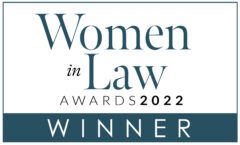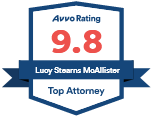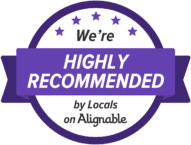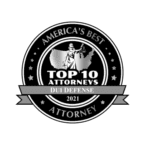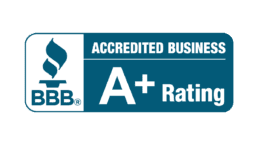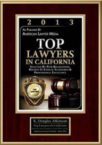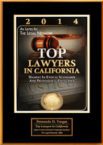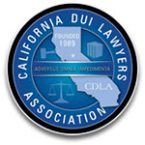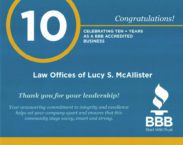California’s Controlled Substance Utilization Review and Evaluation System (CURES) launched statewide on October 2, 2018. California’s Prescription Drug Monitoring Program is grounded in the CURES database of prescription history for Controlled Substances and is committed to the reduction of prescription drug abuse and diversion.
Healthcare practitioners are now mandated to register with and consult CURES prior to prescribing, ordering, administering, or furnishing a Schedule II–IV controlled substance as well as during ongoing patient treatment using controlled substances. The phrase “controlled substance” as used in this guide refers to a Schedule II, Schedule III, or Schedule IV controlled substance.
CURES violations will immediately trigger an investigation of your healthcare professional license in California. You will receive a letter notifying you that an investigation is underway.
California Health & Safety Code Section 11165(d) also requires dispensing pharmacies, clinics, or other dispensers of Schedule II through IV controlled substances to provide specified dispensing information to the Department of Justice on a weekly basis in a format approved and accepted by the DOJ. With the internet, prescriptions for controlled substances are also now much more widely reported across California and soon, likely across the nation. AB 1751, for example, authorizes the California Department of Justice to share opioid prescriptions entered into California’s Controlled Substance Utilization Review and Evaluation System (CURES) database across state lines as of July 1, 2020.
CURES 2.0 (Controlled Substance Utilization Review and Evaluation System) is a database of Schedule II, III and IV controlled substance prescriptions dispensed in California serving public health, regulatory oversight agencies including licensing boards and authorities, and law enforcement. The Health Insurance Portability and Accountability Act of 1996 (HIPAA) and confidentiality and disclosure provisions of California law cover the information contained in CURES 2.0.
CURES requirements apply to a broad cross-section of healthcare professionals prescribing and furnishing controlled substances in California:
- Physician and Surgeons
- Certified Nurse Midwives (Furnishing)
- Dentists
- Naturopathic Doctors
- Nurse Practitioners (Furnishing)
- Optometrists
- Physician Assistants
- Podiatrists
Healthcare providers must document their own prescribing activity (and refer to a patient’s past history of use) in CURES according to the following requirements:
- The first time a patient is prescribed, ordered, administered, or furnished a controlled substance, unless an exemption* applies.
- Within the 24-hour period, or the previous business day, before prescribing, ordering, administering, or furnishing a controlled substance, unless an exemption* applies.
- Before subsequently prescribing a controlled substance, if previously exempt.
- At least once every four months if the controlled substance remains a part of the patient’s treatment plan.
*Exemptions to reporting controlled substance prescribing/furnishing via CURES include:
- While the patient is admitted to, or during an emergency transfer between a Licensed Clinic, or Outpatient Setting, or Health Facility, or County Medical Facility
- In the emergency department of a general acute care hospital, and the controlled substance does not exceed a non-refillable seven-day supply.
- As part of a patient’s treatment for a surgical procedure, and the controlled substance does not exceed a non-refillable five-day supply when a surgical procedure is performed at a Licensed Clinic, or Outpatient Setting, or Health Facility, or County Medical Facility, or Place of Practice
- The patient is receiving hospice care.
Per HSC § 11165.4, any health care practitioner who fails to consult the CURES database when prescribing, ordering, administering, or furnishing a Schedule II–IV controlled substance must be referred to their state professional licensing board for administrative sanctions, as deemed appropriate by that board.
When CURES violations trigger an investigation of your healthcare professional license in California and you receive that letter notifying you that an investigation is underway…do not talk to the investigator, call a lawyer right away. Your exposure may be both professional (as a California license holder) and also criminal.
Your assigned board investigator may seek to meet you to of course “hear your side” of the story re the CURES violation. But beware! In my 30+ years of legal experience, I have seen first-hand over and over again how board investigators will try to entice interviewees in to making admissions about their own use of drugs, access to the controlled substance, writing of personal prescriptions etc., in effect, getting you to admit to violations and crimes.
Meeting with a board investigator without retaining legal counsel is fraught with risk.
If you have received notification from your licensing board or authority that you are under investigation for a CURES violation, you should contact our law offices immediately. Our experienced legal team understands how to create a legal strategy which will successfully defend your California professional license as well as defend you against any other criminal charges.
If you are under investigation by your licensing board for a CURES violation and/or controlled substance abuse, you need to consult with an experienced licensing and criminal attorney IMMEDIATELY.
The Law Offices of Lucy S. McAllister have successfully represented many California licensed health care professionals and we are experienced in handling all types of licensing accusations and licensing issues in addition to criminal cases. Let us help you protect your professional license, your reputation, and your livelihood.
For additional information or to schedule a consultation on a professional licensing issue, please contact our law offices today at (877) 280-9944.


